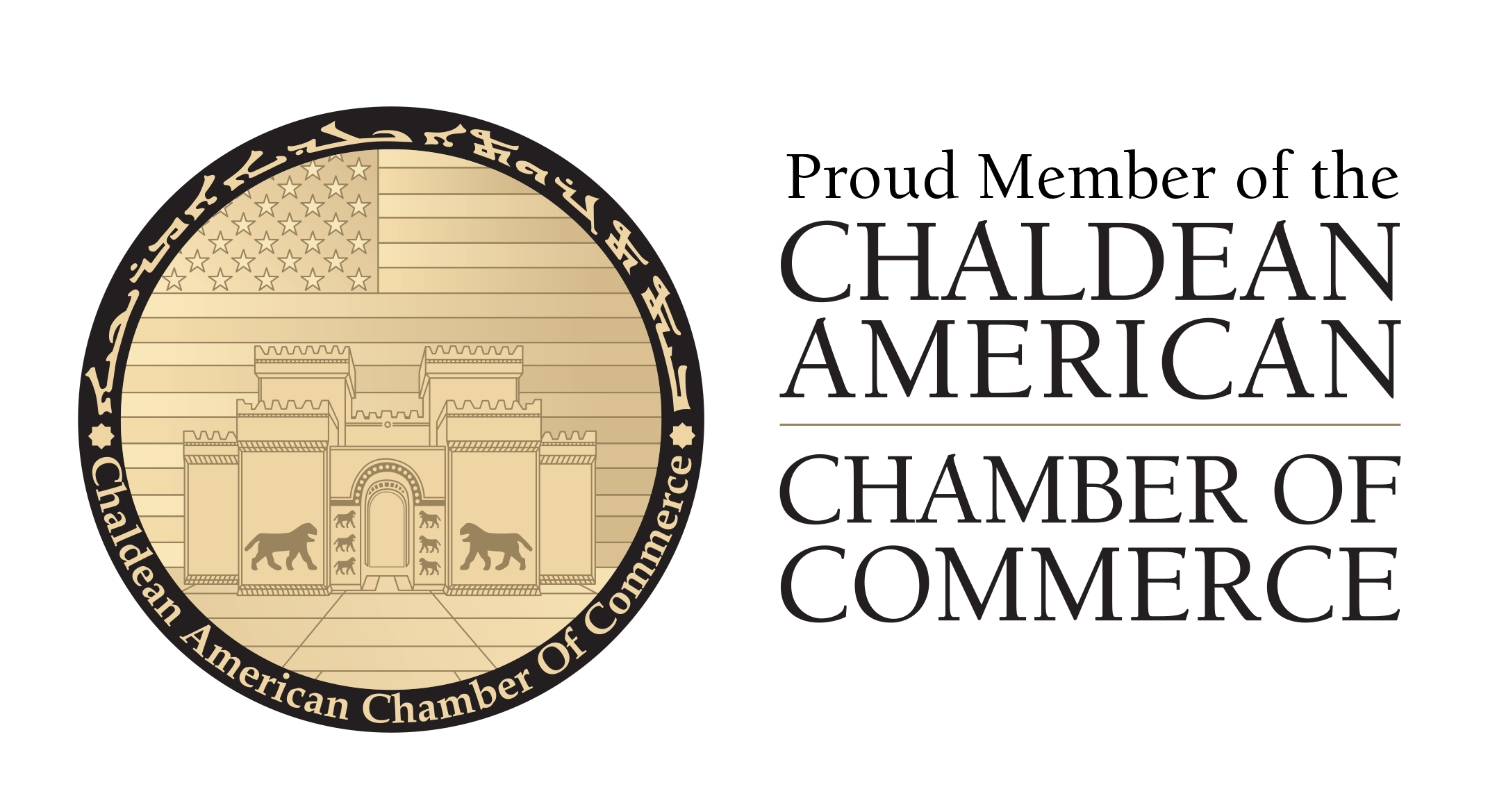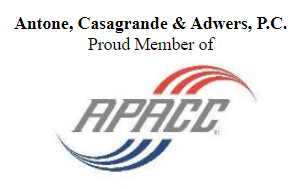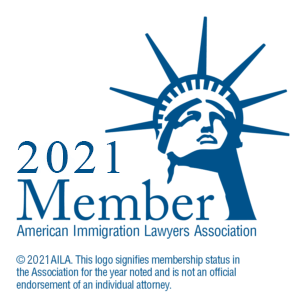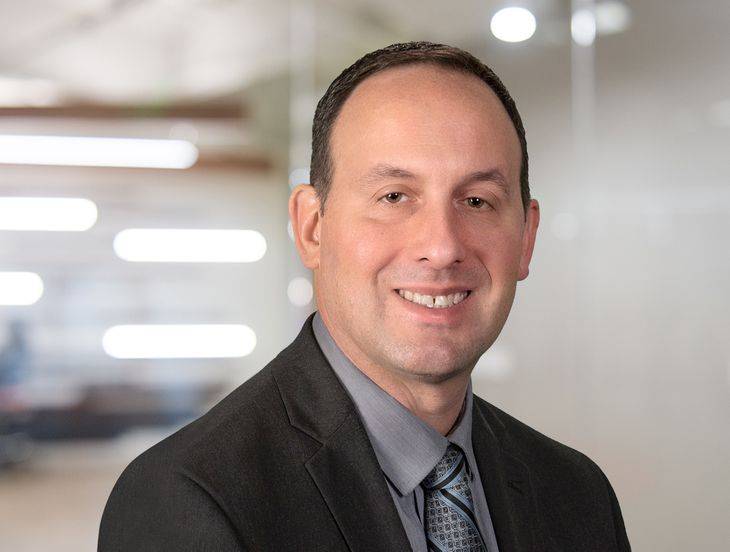The prospect of changing the country you call home can be both frightening and exciting, especially if one plans to start employment in a new country or if you plan to join family members. Unfortunately, this kind of endeavor can also be very complicated, as the United States enforces very strict restrictions on who is allowed to immigrate here and what procedures they must follow to do so legally.
The first step in any immigration process is to determine eligibility. Although there are specific categories for temporary work visas for permanent residency for employment and family-based immigration, there are also many other categories for specific situations.
Whether you are seeking a temporary work visa, a more permanent immigration status, or United States citizenship, our Michigan immigration lawyers are available to assist. Guidance from a seasoned attorney could not only help ensure you comply with all applicable rules and regulations, but also maximize your chances of success with your application.
























